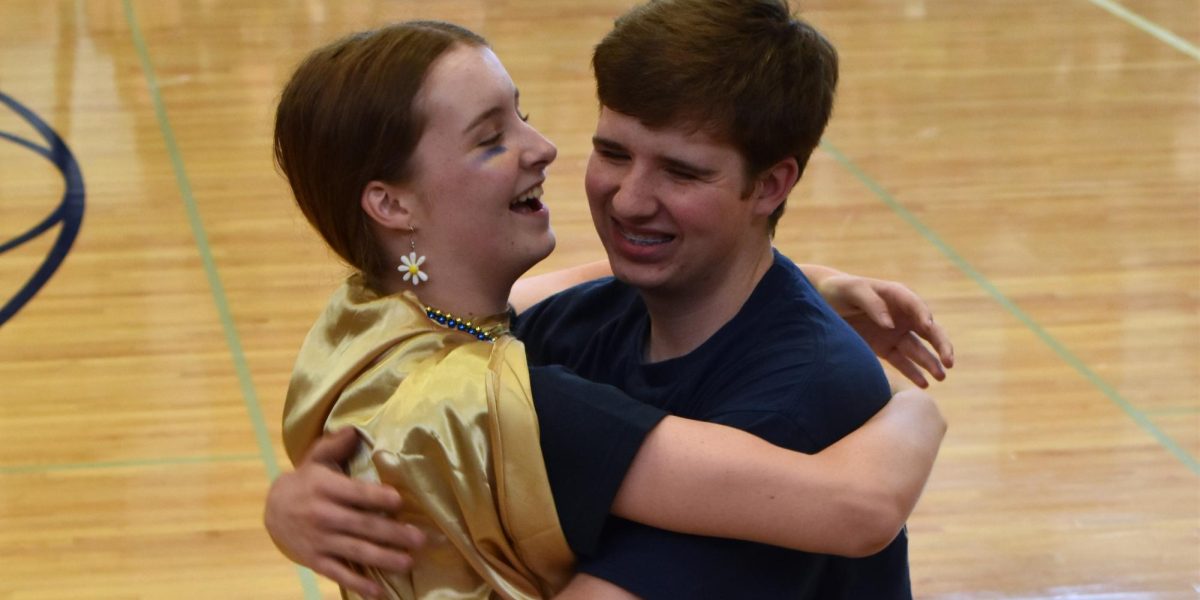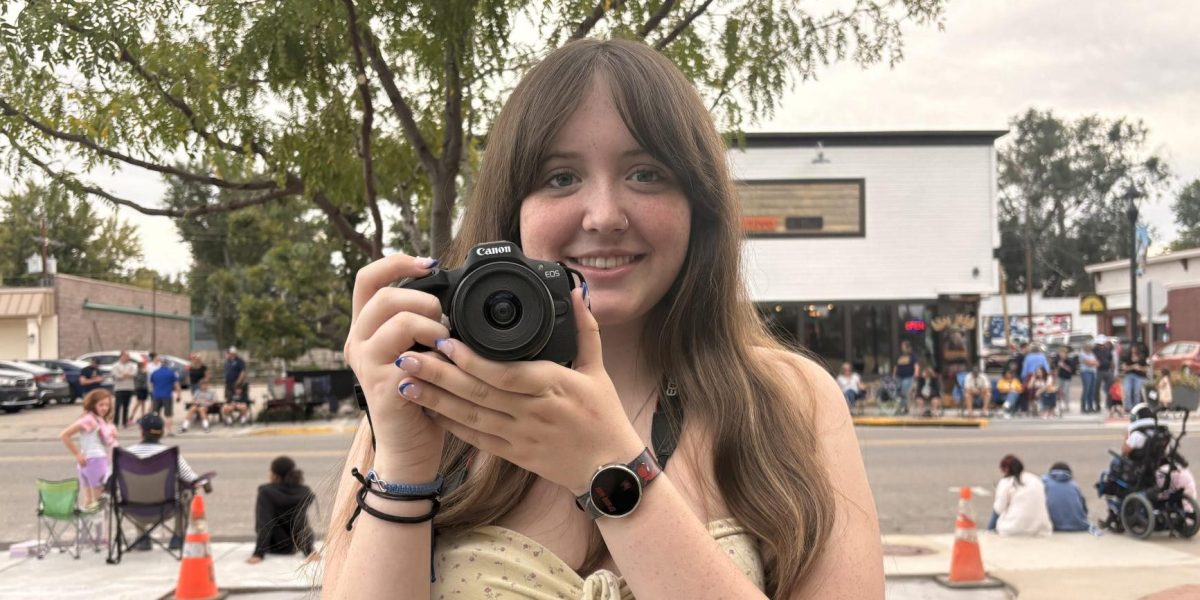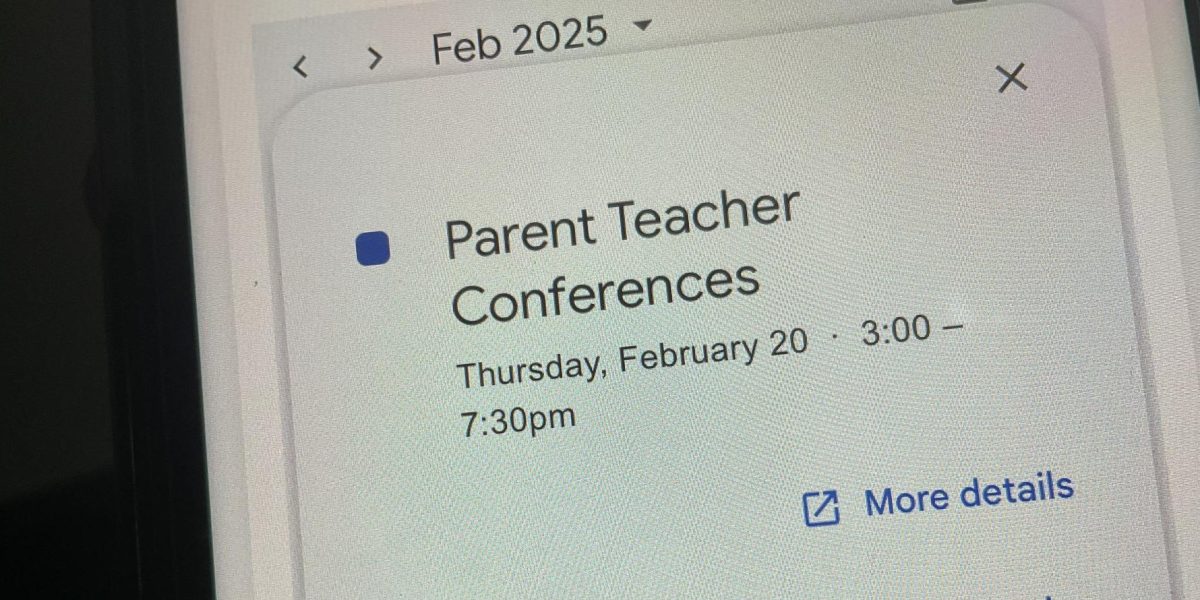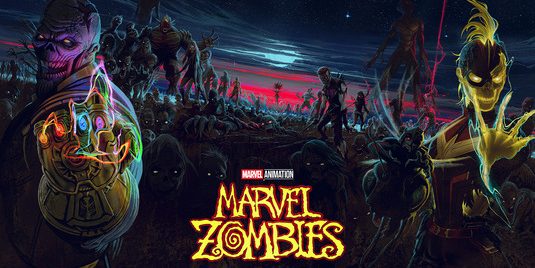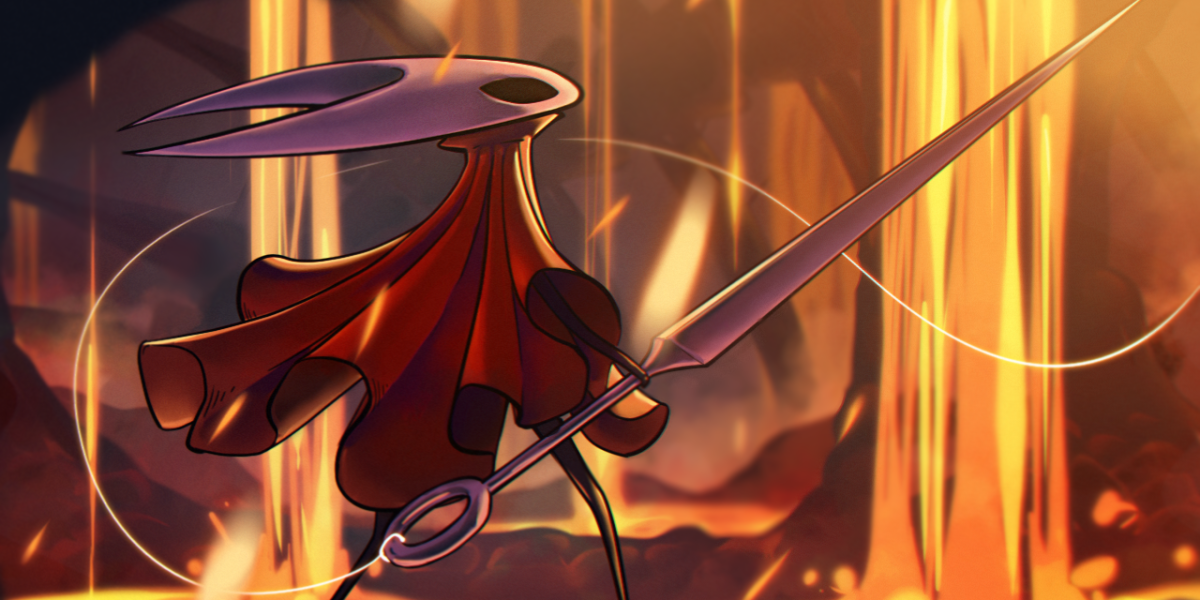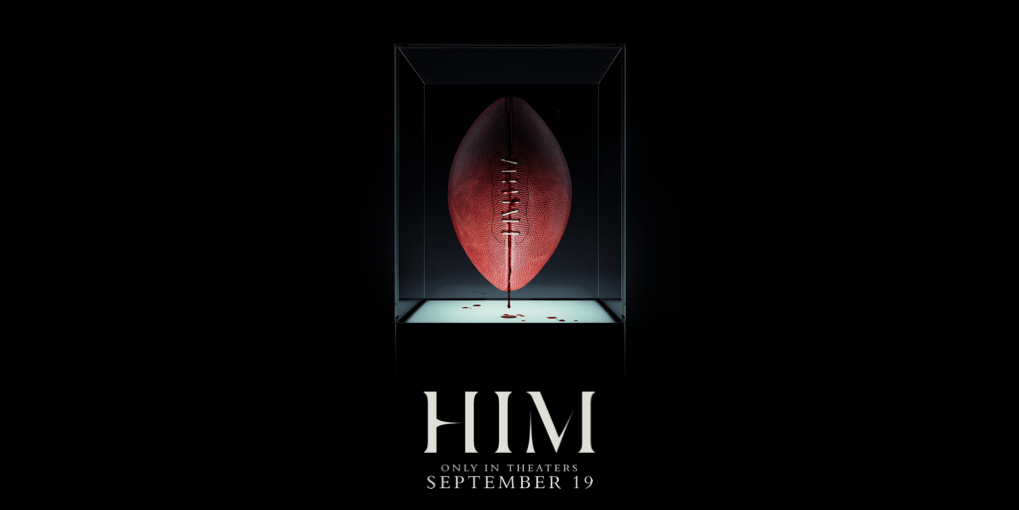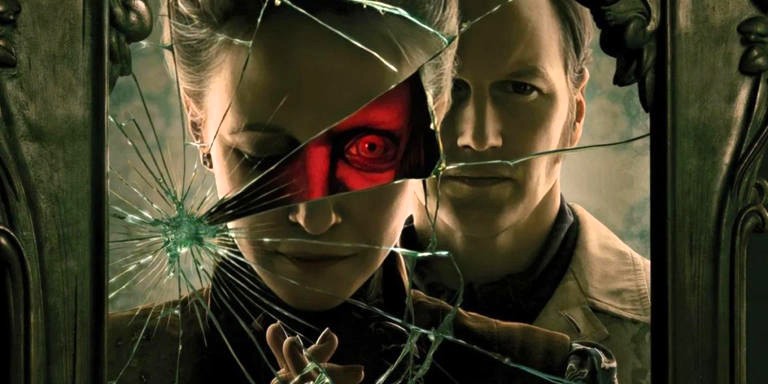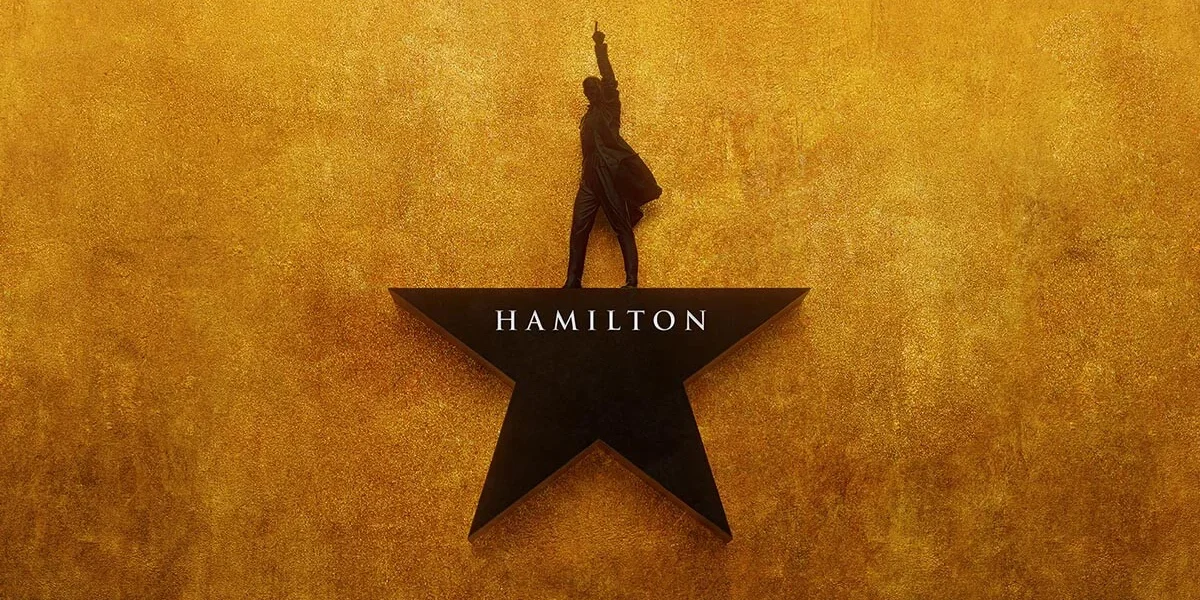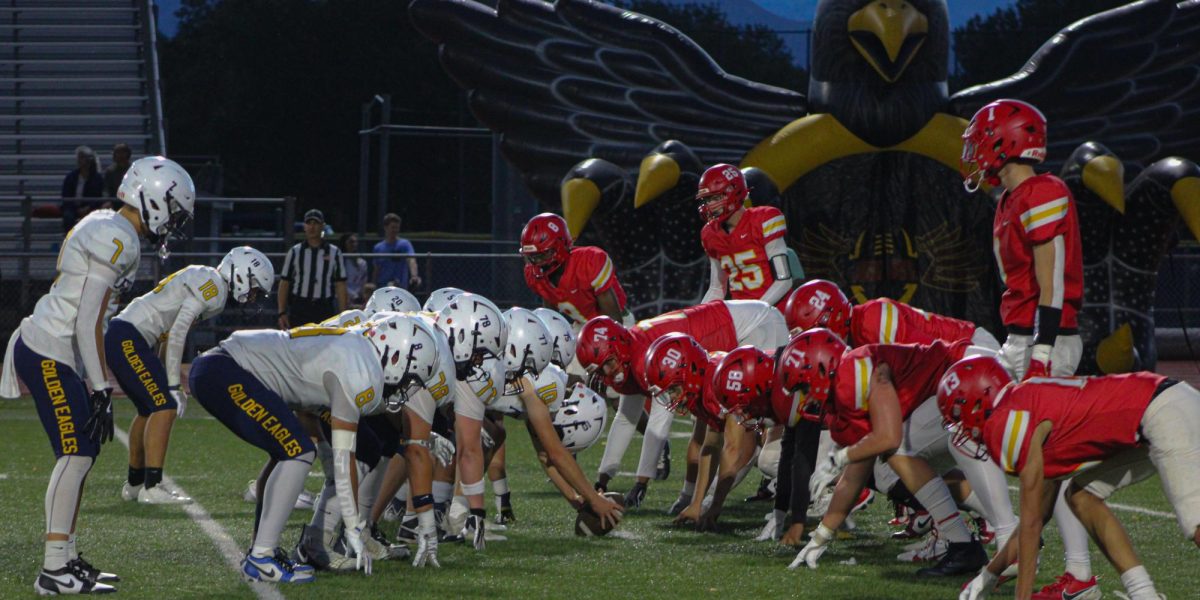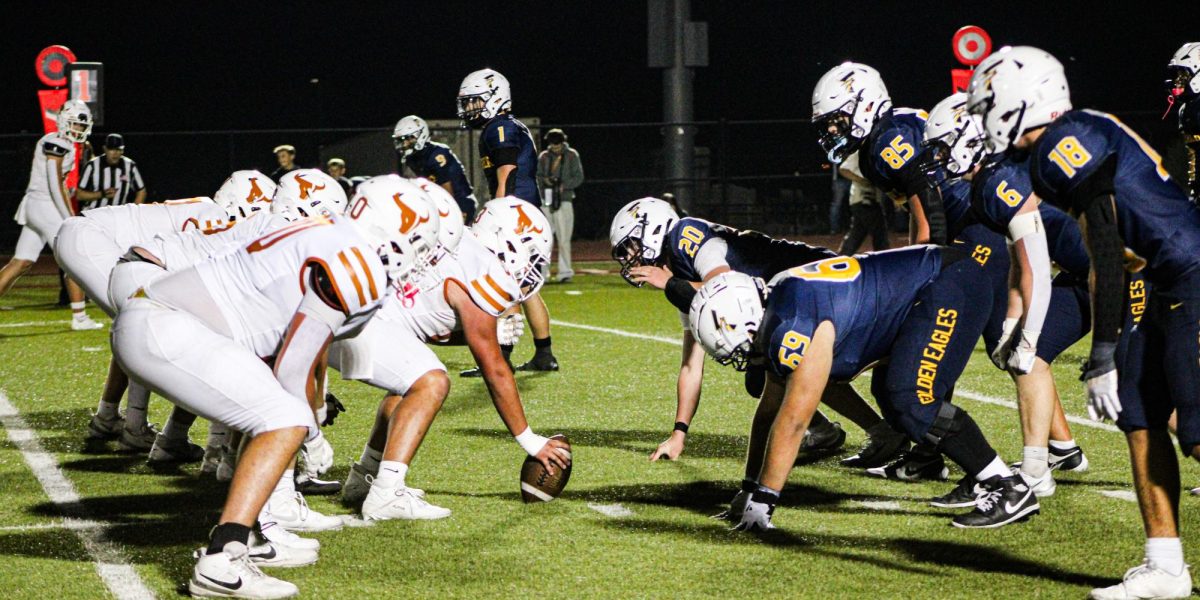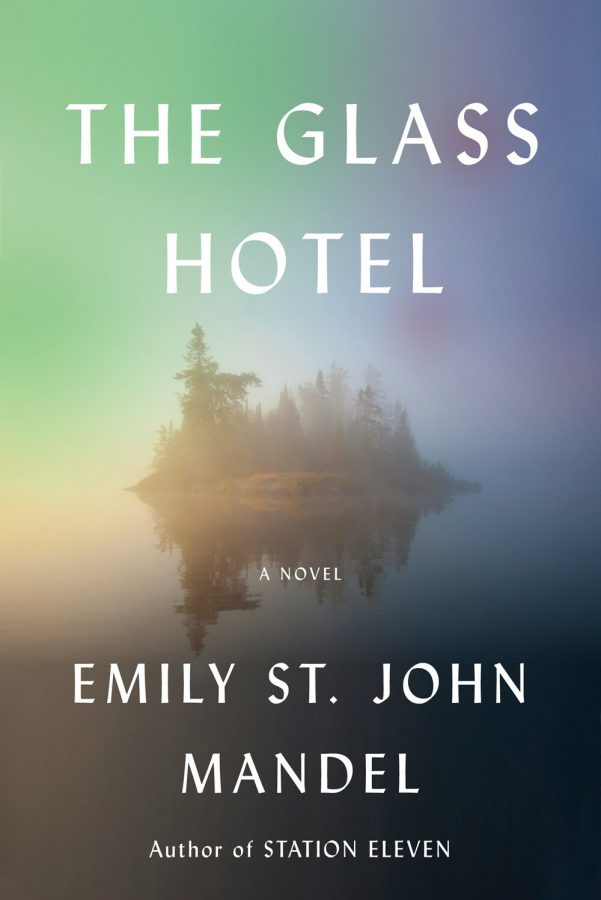The Glass Hotel: Shattered? Or Strong?
The Glass Hotel by Emily St. John (Hardcover, 320 pages)
January 26, 2021
EMilyThe Glass Hotel, written by Emily St. John Mandel was a book inspired by the crimes of Bernie Madoff, who ran the largest Ponzi scheme in world history. Mandel was curious about those who worked for Madoff and wrote a book about her theories. The book was published by Random House in 2020 and is $15 in paperback. I recommend this book.
“Why don’t you swallow broken glass?”
(Mandel 40). Vincent is a bartender at the Hotel Caiette, present the night this horrific message is scrawled onto the glass. Coincidentally, the owner of the hotel and a wealthy man, Jonathan Alkaitis, arrives later that night. A few months go by and it’s in the paper: Vincent has married Alkaitis. She now lives in the kingdom of money, free to buy whatever she wants, whenever she wants. She spends most of her days shopping downtown and sitting at cafes but something seems off. Vincent feels very alone. Her brother, Paul, had been living at the Hotel Caiette with Vincent until he was fired for writing the message on the glass. She seeks to find him and eventually does at a theater in Boston. He has stolen the short videotapes that Vincent used to film as a kid and put beautiful music to them. Vincent storms out of the theater upset that her brother could steal something so precious of hers.
The videos told her life story. She would take 5-minute clips on her video camera of random things she found beautiful. It helped her to capture the important moments in her life and now her brother had stolen that from her too. Soon after Vincent finds Paul, the kingdom of money falls and characters throughout the book find that they are more relieved and feel freer than they had before. Though the plot skips around in time, it clear in the end and goes into depth with character descriptions, and is an original story.
Mandel uses themes in her book that are well expressed through the characters and events that happen. The kingdom of money is an idea that is constant throughout the book, though the people that have money tend to be worrisome and lonely, while those who don’t have money feel more free and adventurous. Take the example of Leon Prevant, an investor in Alkaitis funds. After losing all of his money, he and his wife decide to pack up and abandon their home, traveling the continent. “He had hoped someone had done him the favor of burning that house to the ground … we owned a home … we lost it … such relief in no longer having to think about the house … payments … upkeep … sitting here on the beach with Marie. For all, they’d lost he often felt lucky to be here with her in this life.” (Mandel 313). After Prevant had lost his money, he found more adventure and joy in life. Another idea that is constant throughout the book is the idea of ghosts and that your past choices come back to you. Paul is a great example of this seeing the ghost of Charlie Wu, a man who he indirectly killed by selling him a bad batch of drugs. “…for a while under the influence of nothing-almost nothing, beers don’t count-until he looked up and saw Charlie Wu in the crowd and the night skipped a beat. Paul froze.” (Mandel 35). Because of Paul’s guilt, he felt as though Charlie Wu was following him and was a constant reminder of his mistake. Paul also sees the ghost (perhaps a hallucination) of Vincent after feeling guilty for stealing her childhood videos to make his music. “But he wasn’t alone. He sensed someone watching him…She looked familiar, she couldn’t possibly be Vincent but – ‘Vincent?’ he said…” (Mandel 371).
The Glass Hotel is a must-read book. Though the book had a complex storyline, the message of the book was clear. The characters were relatable to me and they were described thoroughly. I was never bored and the story was always kept interesting. I loved the way that Mandel writes, using exceptional detail and a perfect amount of mystery. The themes of the book are ones that everyone should hear; money isn’t the most important thing in the world, your choices can come back to follow you, and adventure and freedom can bring you joy.














